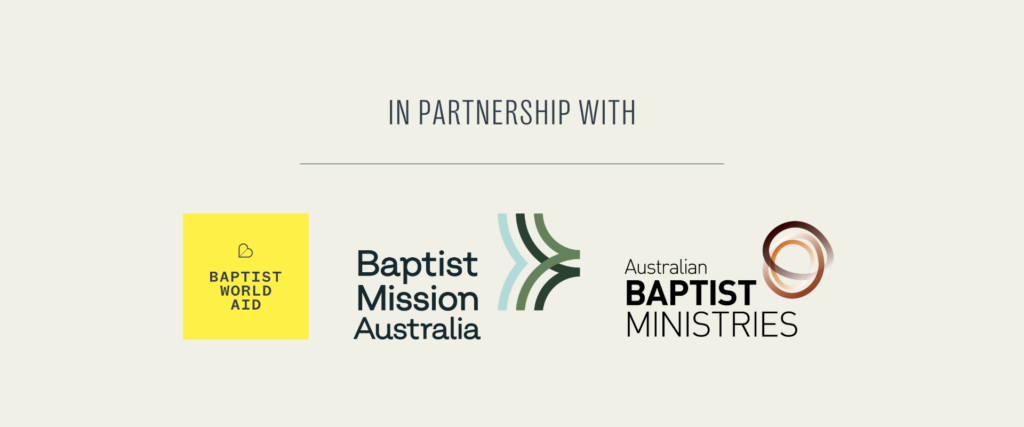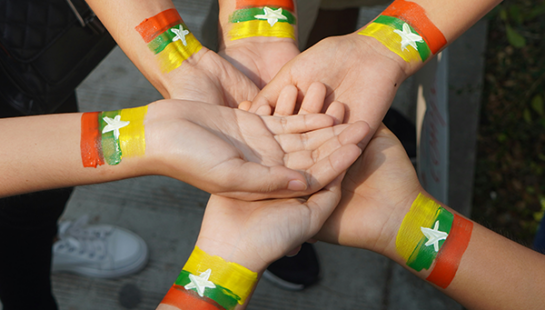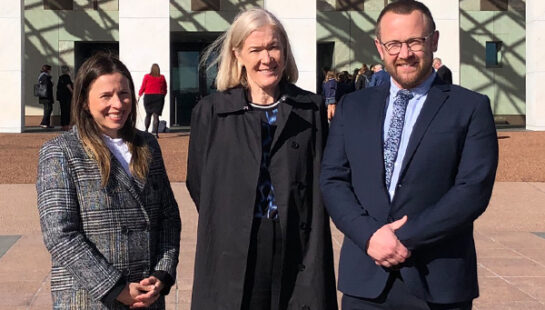At A Glance:
• More than three million people in Myanmar are displaced due to ongoing conflict, with one third of them children.
• Remote locations, diplomatic challenges and economic constraints make it difficult to get aid to those who need it.
• You can help by joining the Stand With Myanmar Campaign.
Myanmar is rarely in the news headlines these days, making it easy to overlook the current struggles its people are facing as they continue to endure violent conflict, oppression and poverty. On 3 May, the country passed a heartbreaking milestone with more than three million of its people now displaced within the country. The UN estimates that one third of those who are displaced are children.
Like many humanitarian crises around the world, the situation in Myanmar is multifaceted and complex. Various challenges make it difficult for the international community to provide easy access to aid, which is why advocacy has a crucial role in supporting the country’s path towards peace and sustainable development.
Here are four of the big reasons why providing aid is so challenging in Myanmar, and what you can do to help.
1. Political Turmoil And Conflict
Myanmar’s military junta has been terrorising its own people since overthrowing the democratically elected government in 2021. Ongoing offensives have left thousands dead, and many more injured and imprisoned. Tens of thousands have fled to neighbouring countries as refugees, in addition to more than three million people displaced from their homes within the country.
Political turmoil is not new to Myanmar. Many of its citizens identify more with the ethnic group of their region than being ‘from Myanmar.’ As a result, there are different opinions among the diverse organisations and resistance groups across the country about who should have administrative power in the country, and how that power should be exercised when it comes to the delivery of humanitarian aid.
While these groups share a common adversary in the military junta, this geopolitical diversity is one of numerous barriers that the international community faces when working with local Partners to provide aid.
2. Myanmar’s Geography
While more than 80 per cent of Australians live in capital cities, it’s the opposite in Myanmar—80 per cent of its population live rurally and often remotely, making access and transportation difficult. The country also experiences various kinds of extreme weather events, and in recent years, regular cyclones have further displaced already vulnerable people.
These threats create a certain level of risk that foreign countries and organisations, concerned for the safety of their staff and citizens, try to mitigate by restricting visas, travel permits and access to Myanmar. Unfortunately, this causes bureaucratic hurdles to the provision of aid, leaving the worst-affected without access to necessities like food, water, shelter and medical care. Additionally, the military have been blocking or restricting the flow of aid to where it’s needed most.
3. Economic Constraints And Poverty
Poverty is a pervasive issue in Myanmar, particularly in rural and conflict-affected areas. Limited infrastructure, inadequate healthcare facilities, and a lack of educational opportunities perpetuate cycles of poverty and vulnerability. The COVID pandemic further exacerbated people’s vulnerability, as lockdowns disrupted livelihoods and increased food insecurity. Many communities continue to rely heavily on external assistance to meet their needs, but economic constraints often hinder the government’s ability to provide adequate social support.
Humanitarian organisations continue to face challenges in adapting their operations to meet these evolving needs, while also adhering to standards of international accountability and public health guidelines.
4. Diplomatic challenges
The international community plays a crucial role in supporting humanitarian efforts in Myanmar. Donor governments, multilateral organisations like the UN, and NGOs provide financial assistance, technical expertise, and advocacy to address humanitarian needs and promote human rights. However, diplomatic challenges and geopolitics sometimes complicate international responses to humanitarian crises.
Concerns about sovereignty, political influence, and strategic interests can influence the extent and effectiveness of international aid efforts. Disagreements between donor countries and government relations with Myanmar’s military junta—particularly regarding humanitarian access and accountability for human rights abuses—can hinder collaborative efforts, and delay assistance to those in need.
Despite these challenges, we remain committed to providing lifesaving assistance and supporting sustainable development in Myanmar, while also supporting displaced communities in neighbouring countries. This includes advocating for human rights, collaborating with communities on the ground, and finding innovative approaches to aid delivery, to ensure affected communities receive the support they urgently need.
How You Can Help
Baptist World Aid is proud to be collaborating with Baptist Mission Australia alongside every State and Territory Association in the nation-wide Stand With Myanmar Campaign.
The campaign is calling for substantial and sustained advocacy on behalf of the people of Myanmar. It will also enable Baptists across Australia to stand alongside our brothers and sisters in and around Myanmar, as well as the diverse 10,000 diaspora here in Australia.
You can join in this campaign through prayer, giving and advocacy here.




